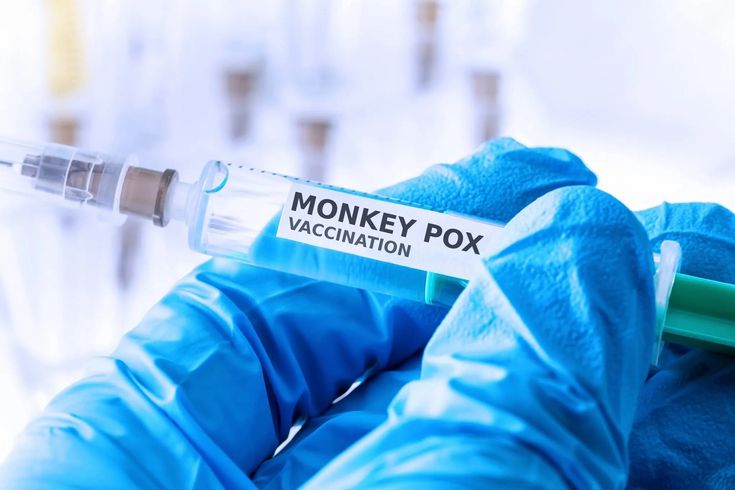Introduction
The recent surge in mpox cases in Africa has ignited global concern and prompted discussions about declaring a public health emergency. Once largely confined to certain regions, the virus is now spreading rapidly, raising fears of a wider outbreak. This article examines the factors contributing to the resurgence, the potential implications, and the global response to this evolving health crisis.
A Resurgent Threat
Mpox, previously known as monkeypox, is a viral illness that causes flu-like symptoms and a characteristic rash. The virus is endemic in parts of Africa, where it has been circulating for decades. However, a global outbreak in 2022 brought the disease to worldwide attention. While that outbreak eventually subsided, the recent spike in cases in Africa has raised alarm bells.
Several factors are contributing to the current outbreak. These include:
- Weakened Immunity: The global population may have reduced immunity to mpox following the decline in cases after the 2022 outbreak.
- New Variants: The emergence of new, more transmissible variants of the virus could be driving the increased spread.
- Limited Access to Vaccines and Treatments: Many African countries face challenges in accessing vaccines and antiviral treatments, hindering efforts to contain the outbreak.
- Underreporting: It is possible that the true number of mpox cases in Africa is higher than reported, as surveillance systems may be inadequate.
Public Health Emergency
The Africa Centers for Disease Control and Prevention (Africa CDC) has declared mpox a public health emergency of continental concern. This decision reflects the seriousness of the situation and aims to mobilize resources and coordinate efforts to combat the outbreak.
The World Health Organization (WHO) is also closely monitoring the situation and will determine whether to declare a global public health emergency. Such a declaration would trigger a coordinated international response, including increased funding, research, and vaccine development.
Global Implications
The resurgence of mpox in Africa has implications for the entire world. If the virus spreads beyond the continent, it could pose a significant public health threat. The global community must work together to prevent a wider outbreak.
Key challenges include:
- Vaccine Equity: Ensuring equitable access to vaccines is crucial to prevent disparities in global health outcomes.
- Surveillance and Response: Strengthening surveillance systems and building robust response capacities are essential for early detection and containment.
- Public Awareness: Raising awareness about mpox and promoting preventive measures can help reduce the spread of the virus.
- Research and Development: Continued research into mpox is needed to develop more effective vaccines, treatments, and diagnostic tools.
Conclusion
The mpox outbreak in Africa is a serious public health concern with global implications. While the situation is evolving rapidly, it is clear that a coordinated and comprehensive response is essential to prevent a wider crisis. By working together, the international community can mitigate the impact of mpox and protect public health worldwide.



